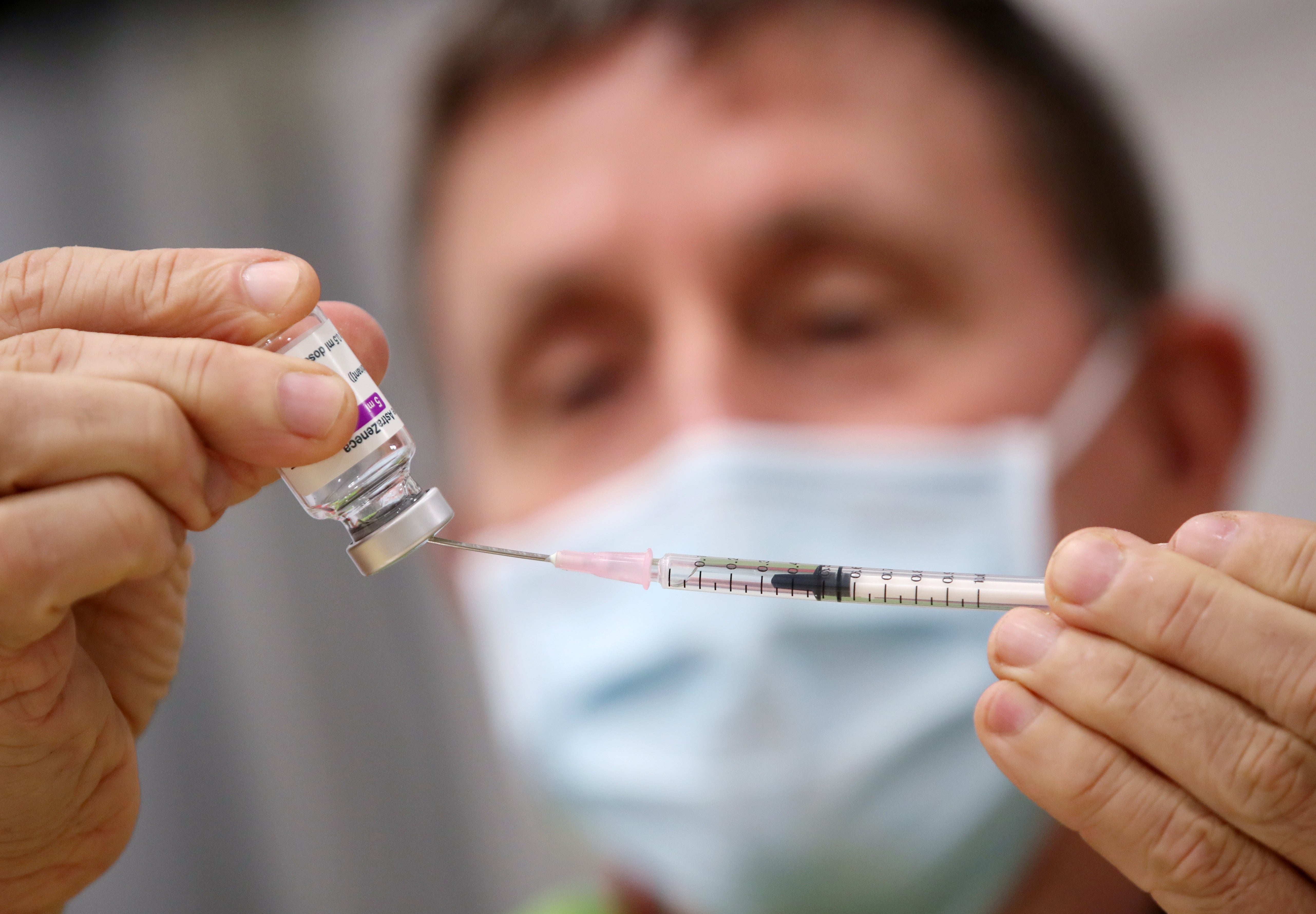Europeans with two different Covid vaccines must quarantine on arrival to UK
‘Mix and match’ doses common across Europe

Europeans who are fully vaccinated but have had two different types of vaccine face quarantine on entry to the UK.
The British government has updated its rules, reports The Telegraph, to exclude travellers with “mix and match” doses from the self-isolation exemption introduced for double-jabbed arrivals from the EU.
It means that travellers with, for example, one dose of the AstraZeneca and one dose of the Pfizer vaccine must quarantine for 10 days on entering the UK from an amber-list country, even though they’re fully vaccinated.
According to guidance from the Department for Health and Social Care (DHSC) and the Department for Transport (DfT), “If you were vaccinated in two doses it must be with the same (MHRA, EMA, Swissmedic or FDA) approved vaccine. For example, if your first dose was Moderna your second dose must also be Moderna.”
A spokesperson from the DHSC told The Independent: “Our top priority has always been protecting the public and our vaccine programme, combined with our robust border and testing regime, is helping minimise the risk of new variants coming into the UK.
“Trials to determine the benefits of mixing two doses of different Covid-19 vaccines are currently ongoing. We are monitoring the results of these trials and will review our guidance in due course if required.
“While we are taking a phased approach to restarting international travel, we want to welcome all international visitors back to the UK and are working to extend our approach to other vaccinated passengers in the future.”
People who have received two different doses of a vaccine under the UK government vaccination programme can still be certified as fully vaccinated through the NHS Covid pass.
There is little evidence to suggest that combining different vaccines has an impact on their efficacy. In fact, one recent study found that vaccinating people with both the AstraZeneca and Pfizer vaccines produced a potent immune response.
Preliminary results from a trial of more than 600 people, conducted by Combivacs in Spain and released in May, showed the benefits of combining different coronavirus vaccines.
“It appears that the Pfizer vaccine boosted antibody responses remarkably in one-dose AstraZeneca vaccinees. This is all around wonderful news,” said Zhou Xing, an immunologist at McMaster University in Hamilton, Canada.
After the second, different, vaccine dose, participants began to produce much higher levels of antibodies, and these antibodies were able to recognise and inactivate SARS-CoV-2 in laboratory tests.
Control participants who received no booster vaccination experienced no change in antibody levels.
Mixing different vaccines is not uncommon in Europe – Angela Merkel, the German chancellor, and Olivier Veran, the French Minister of Social Affairs and Health, have both taken the blended approach.
Several European countries have recommended that some inhabitants who were given AstraZeneca as their first vaccine dose opt for a different second jab, such as Pfizer, following worries about the former’s higher risk of causing blood clots in young people.
Both the UK and European medicine regulators say the benefits of the AstraZeneca vaccine outweigh the risks. A recent study published by the BMJ found that there were just 11 excess “events” of blood clots in the veins per 100,000 vaccinations, with no increase in the rate of arterial clots, such as heart attacks or strokes.
Subscribe to Independent Premium to bookmark this article
Want to bookmark your favourite articles and stories to read or reference later? Start your Independent Premium subscription today.

Join our commenting forum
Join thought-provoking conversations, follow other Independent readers and see their replies